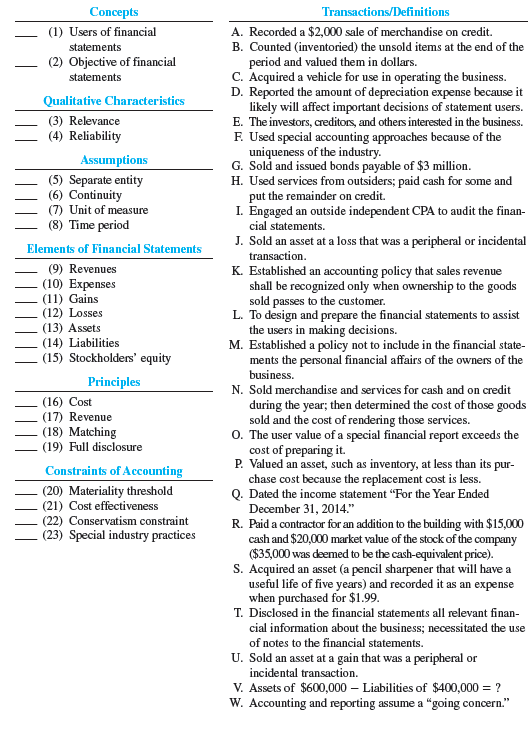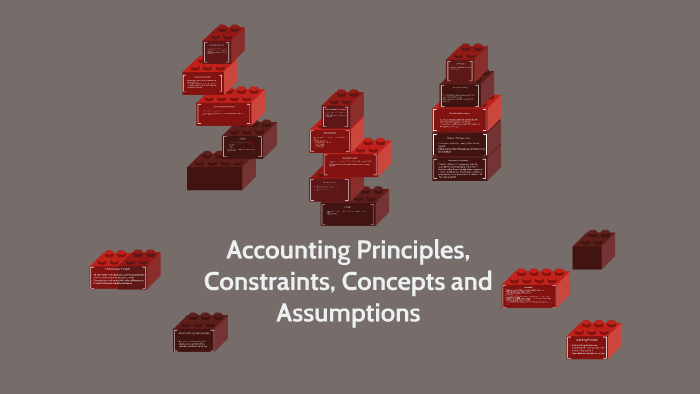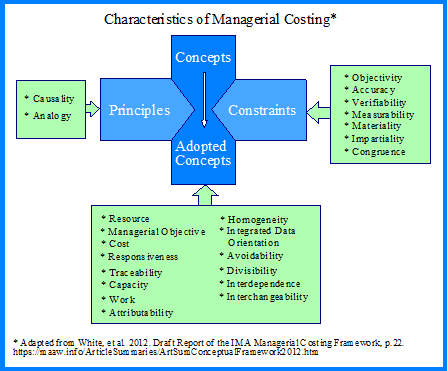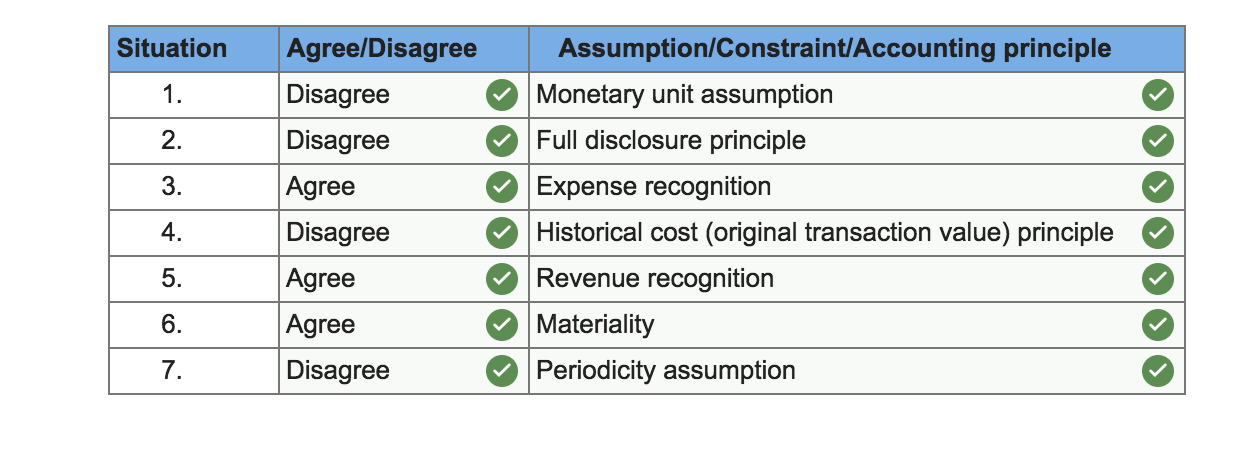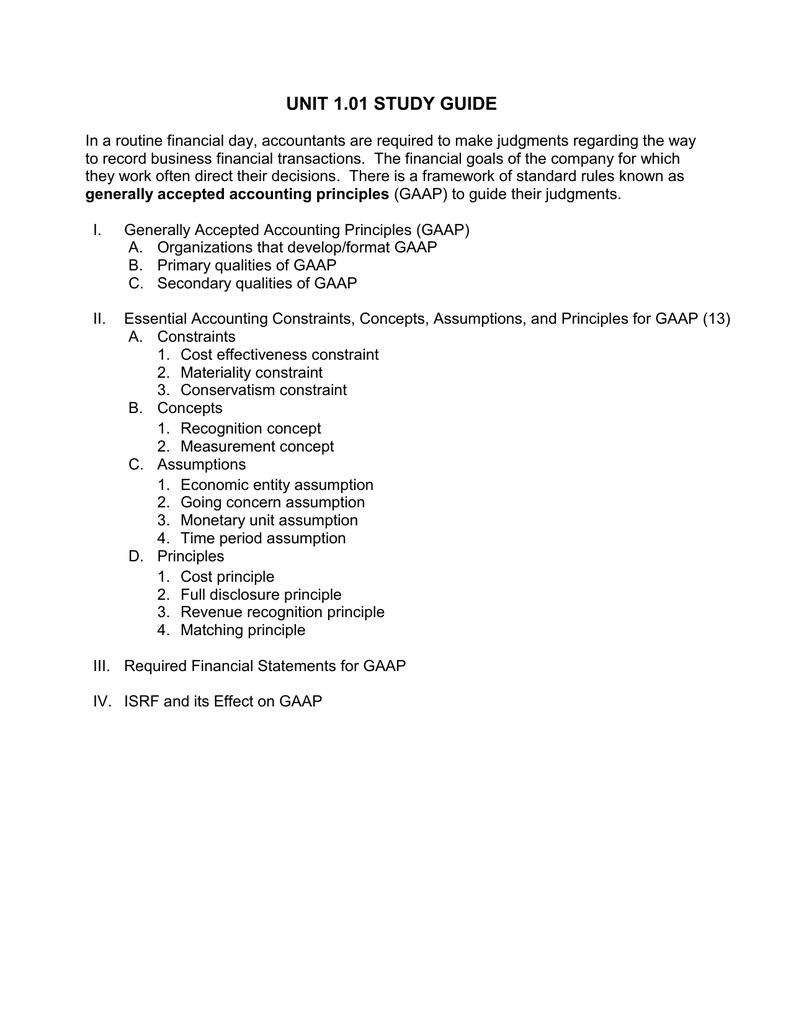While cost benefit and materiality are the two overriding accounting constraints industry practices are a less dominant constraint but also part of the reporting environment.
Concept of materiality as a constraint in accounting.
The materiality concept of accounting stats that all material items must be properly reported in financial statements an item is considered material if its inclusion or omission significantly impacts the decision of the users of financial statements.
If the cost.
They are described below.
The materiality concept in accounting is also known as materiality constraint.
Fundamental accounting concepts and constraints.
Financial information might be of material importance to one company but stand immaterial to another company.
According to this principle the cost of applying an accounting principle should not be more than its benefits.
Cost benefit principle materiality principle consistency principle conservatism principle timeliness principle and.
6 constraints of accounting are.
The concept of materiality in accounting is very subjective relative to size and importance.
The materiality constraint is a threshold used to determine whether business transactions are important to the financial results of a business.
This aspect of the materiality concept is more noticeable when.
Home accounting principles materiality concept the materiality concept also called the materiality constraint states that financial information is material to the financial statements if it would change the opinion or view of a reasonable person.
The materiality concept helps ensure that firms do not withhold critical information from investors owners lenders and regulators.
The materiality concept is the universally accepted accounting principle reporting firms must disclose all such matters.
The items that have very little or no impact on a user s decision are termed as immaterial or insignificant items.
Here is a list of the four basic accounting concepts and constraints that make up the gaap framework in the us.







